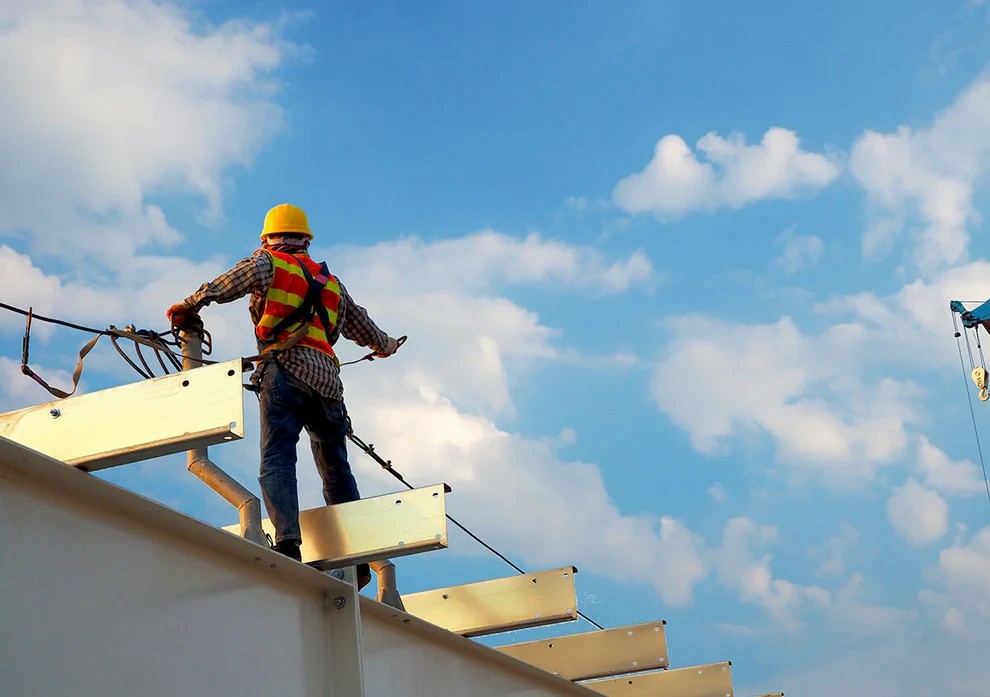Why Investing in Accredited Working at Heights Courses is Crucial for Your Business
In today’s competitive business landscape, ensuring the safety and well-being of employees is paramount. One area where neglect can lead to severe consequences is working at heights. Investing in an accredited Working at Heights course not only enhances workplace safety but also protects your business from potential legal liabilities. In this comprehensive guide, we will explore the significance of choosing accredited training providers, including organizations approved by HSA, HSE, and RoSPA, and how these certifications contribute to a safer working environment.
The Importance of Accredited Working at Heights Training
Accredited training ensures that your employees receive the most relevant and up-to-date information regarding height safety regulations and practices. Here are key reasons why accreditation matters:
- Regulatory Compliance: Accredited courses are designed to meet the legal requirements set forth by occupational health and safety authorities. Compliance with Irish safety regulations is critical for avoiding fines and penalties.
- Higher Safety Standards: Training from accredited providers often includes insights into the latest safety technologies and best practices, significantly reducing workplace accidents.
- Legally Recognized Certification: Upon completion, employees receive certification that proves they have undergone the necessary training. This is particularly vital for any company looking to secure contracts in industries where safety is paramount.
Key Accrediting Bodies: HSA, HSE, and RoSPA
It is essential to choose training courses accredited by reputable organizations. Here’s a closer look at the significance of these accrediting bodies:
- Health and Safety Authority (HSA): As the national statutory authority in Ireland, the HSA works to promote safety and health at work. Training accredited by the HSA adheres to strict guidelines and is recognized across multiple sectors.
- Health and Safety Executive (HSE): The HSE provides essential resources and guidance for promoting occupational health and safety. HSE-approved training ensures that the course meets the high standards set for workplace safety.
- Royal Society for the Prevention of Accidents (RoSPA): RoSPA’s accreditation is recognized internationally for promoting safety. Courses bearing their stamp signify excellence in training for working at heights.
The Risks of Non-Accredited Training
Choosing non-accredited training can have serious repercussions for your business:
- Legal Liabilities: If an incident occurs and it’s revealed that your employees were trained by non-accredited providers, your business may be held liable, facing legal action and financial penalties.
- Inadequate Training: Non-accredited courses may not cover all necessary safety protocols, leaving employees underprepared for real-life situations, which increases the risk of accidents.
- Reputational Damage: Poor safety performance can damage your business’s reputation, making it difficult to attract new clients and retain existing ones.
Improving Workplace Safety Through Accredited Training
Investing in certified Working at Heights training leads to a more competent workforce. Courses often incorporate practical exercises, real-world scenarios, and the latest safety technologies, which help in:
- Enhancing Awareness: Employees learn to recognize hazards associated with working at heights and how to implement control measures effectively.
- Boosting Skills: Training equips workers with the skills needed to use personal protective equipment (PPE) and other safety gear properly.
- Preventing Accidents: With informed and trained employees, the likelihood of workplace incidents decreases significantly, fostering a safer environment for everyone.
Case Studies: The Impact of Accredited Training
Numerous businesses have seen significant benefits after opting for accredited Working at Heights training:
- Construction Company in Dublin: By implementing HSA-approved training, a local construction firm reduced its workplace accidents by 40% over two years, leading to a safer site and lower insurance premiums.
- Maintenance Provider in Cork: After mandatory RoSPA-certified training, a maintenance company improved its safety audit scores, which significantly enhanced its ability to secure high-profile contracts.
Conclusion: Take the Step Towards Safety and Compliance
The benefits of choosing an accredited Working at Heights course are clear. From regulatory compliance and improved worker safety to highly regarded certifications, the advantages are profound. Don't leave your workforce's safety to chance by selecting non-accredited training. Invest in accredited programs that prioritize awareness and skill development. Contact us at [email protected] to discover our accredited Working at Heights courses tailored for businesses across Dublin, Cork, and Galway.
Empower your workforce today and strengthen the safety culture in your organization!



 349,500 Offered Certificates
349,500 Offered Certificates
 24/7 Online Training
24/7 Online Training
 Money Back Guarantee
Money Back Guarantee
 Fully Accredited Courses
Fully Accredited Courses
